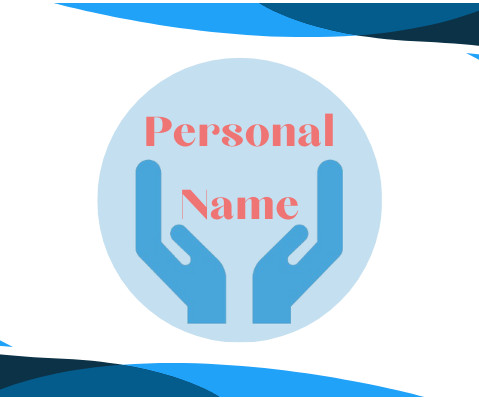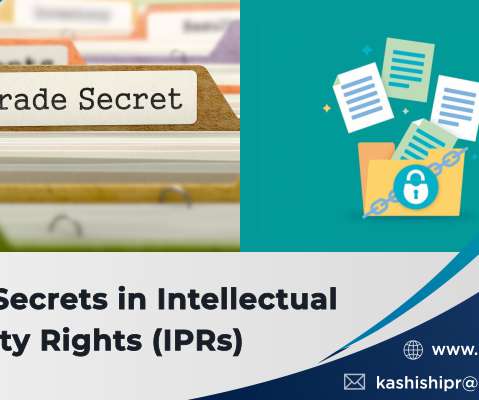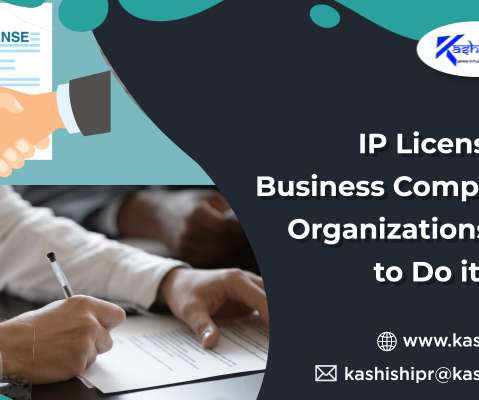Can Intellectual Property Rights Safeguard Your Blog?
Kashishipr
MAY 25, 2021
A blog is like any other creative work of literature manifested in a different form. Due to creative and original use of expressions, blogs are deemed to be counted as private property for which Intellectual Property Rights (IPRs) can be sought. Copyright and Blogs.


















Let's personalize your content